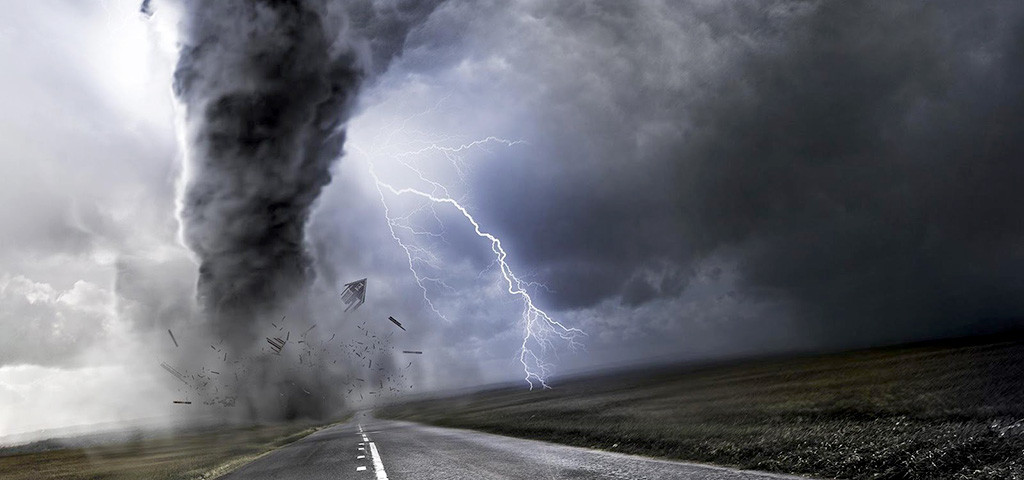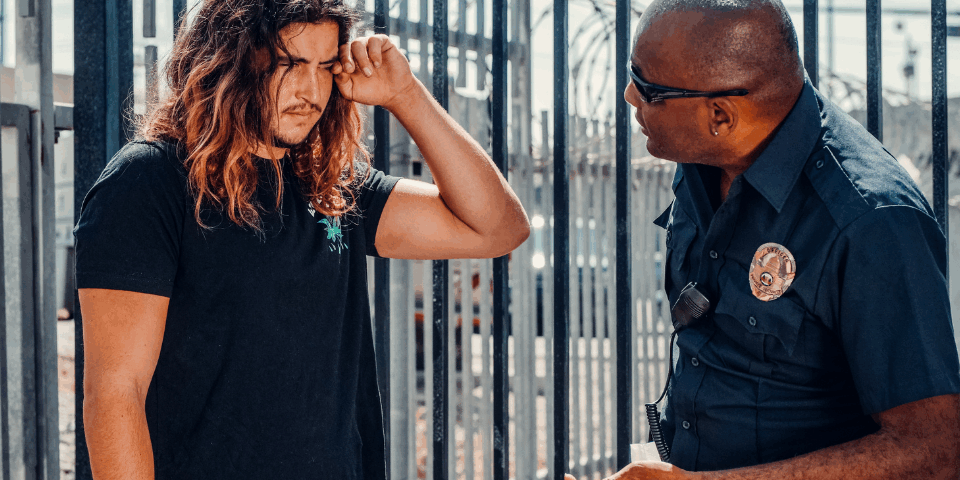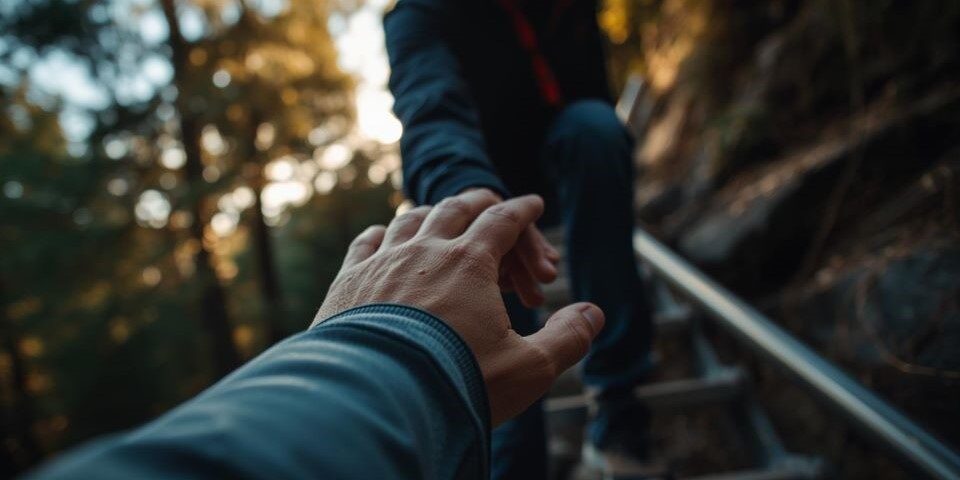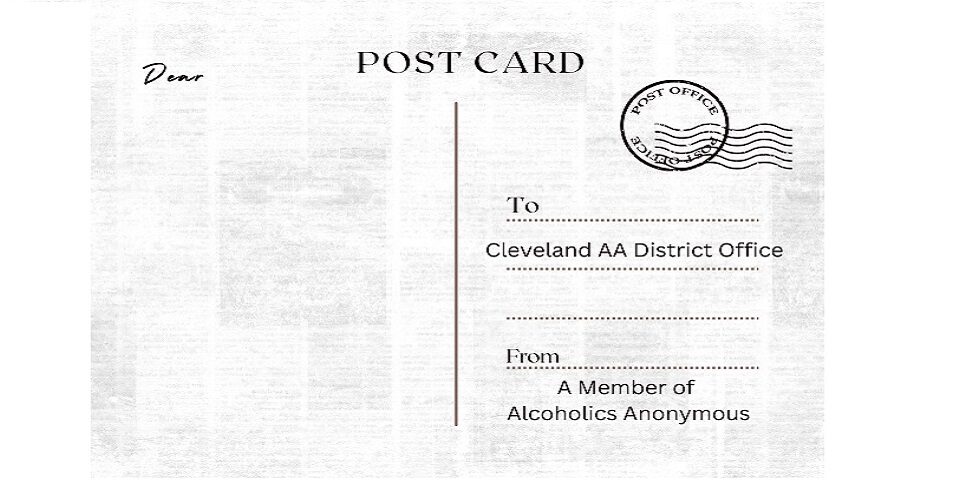
Biography of Ricardo “Dick” P.
January 22, 2021
Current Meeting Information for Our Members
January 26, 2021
Further refection on Step One brought about a different understanding of its context. The first two parts of this step are separated by a dash—not a hyphen. The dash fulfills both segments of the sentence.
We admitted we were powerless over alcohol—that our lives had become unmanageable
At first, I considered the second part “unmanageable” to mean; drunk tanks, getting fired again, losing friends, etc.—and it sort of does. However, much more prevalent is the word “powerlessness” in the first part, which had caused my life to become “unmanageable.” My real powerlessness was that, when I started drinking, I could not stop. But, when I stopped drinking, I could not stop starting, again, to drink. (Physical Allergy and Mental Obsession).
Despite years of “quitting drinking” failure by use of willpower alone, I never knew about the allergy-obsession syndrome: I never realized that I was powerless; that I had: “no choice in the matter of drink.” lost the power of choice in drink. (BB p. 24).
As alcoholic despair deepened throughout the last 24 years of drinking, my efforts were not superficial: No more Lucky Strike cigarettes! High protein milkshakes! Running! Handball! Swimming! Weightlifting! Why, I felt wonderful! Who needs booze? I was like the guy on page 57 of the Big Book (Fitz M): “Seemingly, he could not drink even if he would.” But alas, I came to believe that I had to drink whether I chose to or not—it would seem as though “quitting drinking” just got me drunk—and often in short order.
Could I have the dramatic relief as Fitz? Well, like Fitz, I asked God for help and have not had to drink alcohol since my very first AA meeting. Choosing to drink alcohol has been removed from my emotional vocabulary, e.g.: Choosing “to drink” or “not to drink” no longer occurs to me. I certainly hope that “choice in drink” never returns.
By Bob S.




All comments are reviewed for anonymity. Learn More